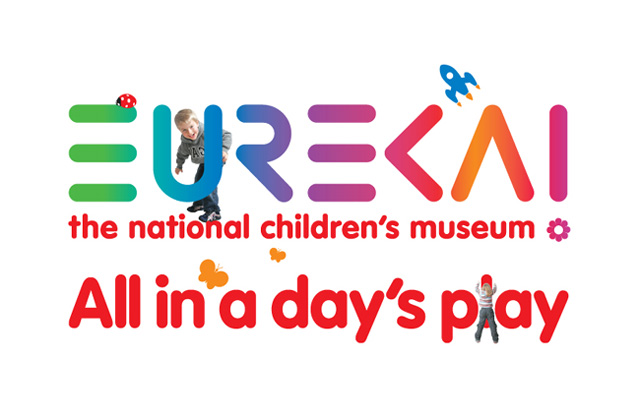As the Early Years Specialist Enabler at Eureka! I am always looking for new ways to strengthen our Early Years offerings in the nursery and museum. Last May, I experienced one of the big benefits of my position, when I had an amazing opportunity to visit and share our best practices with a bilingual school in Monza, Italy: ‘Play English’.
My visit to Play English was part of a two-year exchange programme the school had with the Eureka! Nursery. The Play English ethos draws heavily on the HighScope and Reggio Emelia philosophies. While I understood the philosophy, I wasn’t clear how the two approaches and the Early Years Foundation Stage would work together. That was where Play English came to my aid. Play English promotes a mode of learning that allows the child the freedom and independence to discover their own types of learning within a structured theme. Giving children this independence and the choice to learn in a comfortable and familiar manner has been seen to increase their confidence and improve life long learning.
‘Play English’ have a full time Art Specialist called the ‘Atelierista’, who works with small groups of children both in the classroom and in the art studio called the ‘Atelier’ where she develops and extends the children’s creativity as a language of expression. I spent time with the schools ‘Atelierista’ observing her sessions with children, her planning and had the opportunity to discuss her philosophies.
Working with the ‘Atelierista’ I discovered that children can have freedom of self discovery within a themed programme. I used this knowledge to design a programme for the Eureka! Nursery children. It was a huge success and inspired me to roll it out to a larger audience, so I developed the idea into this year’s Early Years Week programme ‘Light & Shadow’.
Light & Shadow allows children to explore the world of 2 and 3 dimensional objects and to see how light affects the world around them, developing their curiosity of cause and effect. During the week children will have the opportunity to explore with torches in the dark crevices of the Desert Discovery Gallery; there will be large sheets with images and shadows projected on them in various places in the museum. Children will be able to look at their own shadows created through natural light on the balcony and much, much more. With the use of both natural and artificial light they can discover the effects created and by using their own investigation techniques they can explore form, colour, density, pattern and shape, through both natural and artificial objects.
One important aspect that I took with me from my experience, is the way to help children with their own personal development through investigation, experiment, and problem solving. I believe that the concept of child-led play with open ended outcomes is essential to the personal learning development of children.
It is this freedom to let children be creative without set directions and instructions that allows the development of independence, control, confidence, and the ability to learn by their own mistakes and successes
Penny Dargan is an Early Years Specialist Enabler at Eureka!






